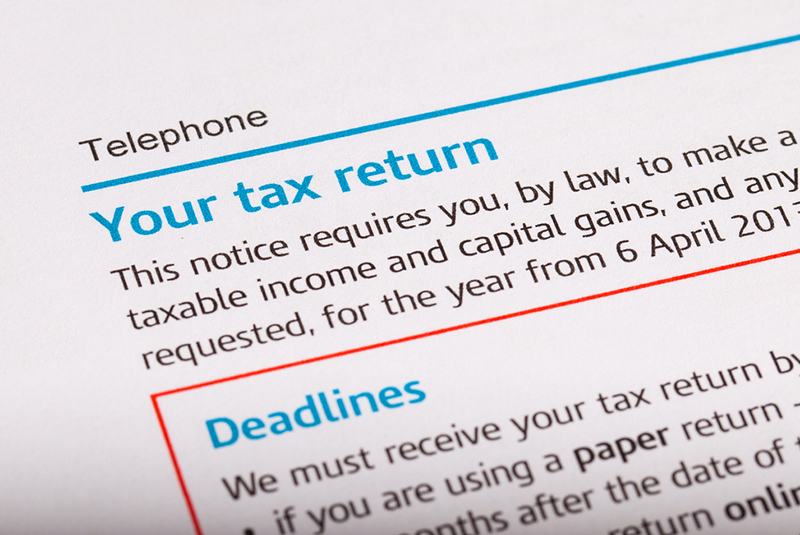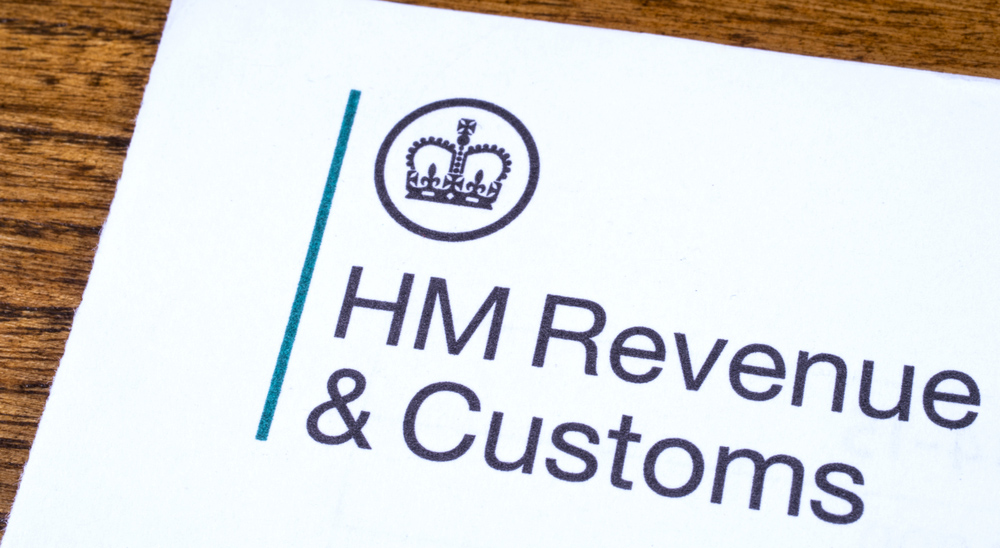Richter, not poorer after successfully challenging late filing penalties
Richter, not poorer after successfully challenging late filing penalties
Mon 22 May 2017
 The case of Richter v HMRC [2017] UKFTT 339 (Richter) had been stayed pending the Court of Appeal (CA) decision in Donaldson v HMRC [2016] EWCA Civ 761 (Donaldson). Donaldson filed his return late after which HMRC issued late filing penalties (£100 fixed for submission after the deadline and £10 for every day by which the return was filed late after a further three months’ delay, up to a maximum of 90 days, i.e. £900). The CA decided that there were no flaws in HMRC’s approach that would invalidate the penalty charges in Donaldson. In Richter the penalties were incurred before the return was submitted but that does not seem to have been material to the decision of the First-tier Tribunal (FTT).
The case of Richter v HMRC [2017] UKFTT 339 (Richter) had been stayed pending the Court of Appeal (CA) decision in Donaldson v HMRC [2016] EWCA Civ 761 (Donaldson). Donaldson filed his return late after which HMRC issued late filing penalties (£100 fixed for submission after the deadline and £10 for every day by which the return was filed late after a further three months’ delay, up to a maximum of 90 days, i.e. £900). The CA decided that there were no flaws in HMRC’s approach that would invalidate the penalty charges in Donaldson. In Richter the penalties were incurred before the return was submitted but that does not seem to have been material to the decision of the First-tier Tribunal (FTT).
The key points in these cases are:
- the extent to which a human element is required in HMRC’s decision to impose a penalty; and
- the care HMRC take to comply with the procedural requirements for giving proper notice to taxpayers.
Penalties for failure to file a return on time can be automatic
In Donaldson the CA decided that the £100 initial penalty and the £10 daily penalty for continuing failure to file a return do not need to be considered on a case by case basis: HMRC’s had taken a policy decision to apply those penalties automatically in every case of late filing without a reasonable excuse satisfied the requirement of a human element in the decision.
In Richter the FTT followed the decision in Donaldson in Richter, as it has in other cases.
But that was not the end of the matter: HMRC still had to follow other, procedural rules to make the penalties valid.
The FTT quashed daily penalties in Richter because HMRC could not show that they had complied with the statutory requirement to give the taxpayer notice and specify the date from which the daily penalties were payable.
Check penalty notices for accuracy
Following Richter, taxpayers who have been charged daily penalties for filing late tax returns may have grounds for appeal and late appeals may be accepted. The FTT decided that Mr. Richter had had a reasonable excuse for late filing (he was in prison when the filing deadline passed and that excuse continued to apply while he was in prison and after his release because he then filed his return without unreasonable further delay).
To be able to defend a daily penalty HMRC must be able to show that they have assessed the amount to the best of their belief. In Richter HMRC could not provide evidence that they had assessed the penalty correctly (i.e. correctly calculated the number of days for which the £10 penalty applied). The judge commented that his understanding was that the HMRC computer trawls through records to identify late returns and issue late filing penalties; a practice which meant there was no involvement of an HMRC officer forming an opinion about anything.
Conclusion
The burden of proof in penalty cases is on HMRC to demonstrate that penalties have been validly issued in the first place and if they do not do so it doesn’t matter whether the taxpayer has a reasonable excuse for late filing or not.
This case suggests that may be opportunities to challenge penalties raised:
- before HMRC received the late return, and
- after the Return was received in the case of daily penalties charged where HMRC has not given the taxpayer proper notice.



i had my 100 pound refunded by the tax office for a late assessment . Does this mean the 690 pound consisting of 69 days at 10 pound will be written off as well as 1 negates the other